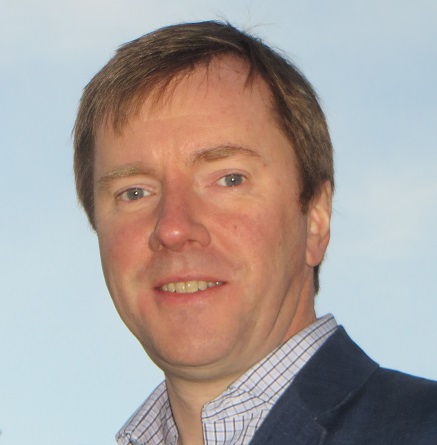- Organizational
A Conversation with Charles Handy
The Future of Capitalism, The Changing Workplace, Leadership, and Happiness
True to billing, Benchmark’s A Conversation with Charles Handy event in London this Tuesday took on a genuinely conversational format. After each of Handy’s four wisdom-heavy provocations on: The Future of Capitalism, The Changing Workplace, Leadership, and Happiness – participants were invited to ruminate and dialogue on the themes in small groups, and then to sit up on the stage with Handy and converse with him. As Handy mused, quoting E.M Forster; “How do I know what I think, until I see what I say?”
The format prompted in-depth discussion and gave great value for those who spoke – but the real star of the show, of course, was Handy himself. Without further ado then – here he is on some of the most pressing matters of the day…
Handy on The Future of Capitalism
Handy says capitalism must be for the benefit of all; that “the only thing that holds society together is empathy and sympathy,” and that “if democracy and capitalism lose trust in each other” – we are in big trouble. Handy’s key to saving capitalism lies in humanising and demystifying the ‘glass towers’ that rule our world (Handy’s symbol of the corporate sector, so far removed now from the man on the street below – opaque and faceless despite the glass fronts).
To illustrate how we should “re-think our ‘glass towers’”, Handy quotes Hewlett Packard’s Dave Packard, who said, in an HP management training session in 1960; “I think many people assume, wrongly, that a company exists simply to make money. While this is an important result of a company’s existence, we have to go deeper to find our real reason for being . . . . A group of people get together and exist as an institution that we call a company . . . to do something worthwhile -- they make a contribution to society.” For HP, and for Handy, business should be a living, breathing, thinking, participating member of the community.
Handy on The Changing Workplace and Workforce
Handy has written about The Elephant and The Flea – where the elephants are big corporations (‘glass towers’) and the fleas are independent professionals sometimes working for the elephants, sometimes not. Handy believes that this ‘flea workforce’ will grow to become a majority, and that “we will see more and more people taking their intellectual property out of organisations and holding onto it… Why should somebody else own that – other than you?”
“Professional fleas,” Handy points out, “are age-independent.” And that comes in useful for Handy’s ‘retirement’ strategy - guarding against the fact that, “more and more of us will be working longer, and more and more people will be poor in old age.” It’s a depressing reality for which Handy’s tonic can be neatly surmised as ‘the Portfolio Life’. A ‘portfolio person’ – as Handy undoubtedly, and rather enviously is – combines a mixture of:
• ‘Fee work’ (“getting paid is an important reminder of your usefulness”)
• ‘Gift Work’ (“There’s no better work for you, and no better deal for the recipient”)
• ‘Study Work’ (“You should always be continuing to learn”), and
• ‘Home work’ (which roughly translates as Family, Friends, Hobbies – but, for Handy, it’s more specifically concerned with… cookery. “When you’re my age you receive tremendous applause just for putting something on the table – regardless of what it tastes like!”)
One of Handy’s greatest lessons is the importance of planting ‘Golden Seeds’. For managers, parents, and teachers alike – to plant a ‘golden seed’ is “the most important gift you can give to someone.” “To plant a golden seed is to identify a talent in someone – something they’re good at – and to point that out to them. If they trust you, it can give them the confidence to go and achieve something with it. High-achievers,” Handy tells us, “were almost all given a golden seed in the first 20 years of their lives… So go forth and plant golden seeds!”
There was a wealth of wisdom imparted over the course of the day and it was an inspiration to listen to someone who has so clearly grasped and applied the meaning of the Aristotelian concept of Eudaimonia – often translated as happiness, or well-being. Handy’s own translation from the Ancient Greek is different though - and insightful; “It’s doing your best with what you are best at… or, flourishing. Importantly this is not a state but an activity. Life is a search for what you are best at.”
ARTICLES YOU MIGHT LIKE
WEBINAR
Georgetown McDonough’s Professor Ella Washington offers new, actionable, tactics for improving diversity and inclusion efforts
DEVELOPING LEADERS QUARTERLY MAGAZINE AND WEEKLY BRIEFING EMAILS

































